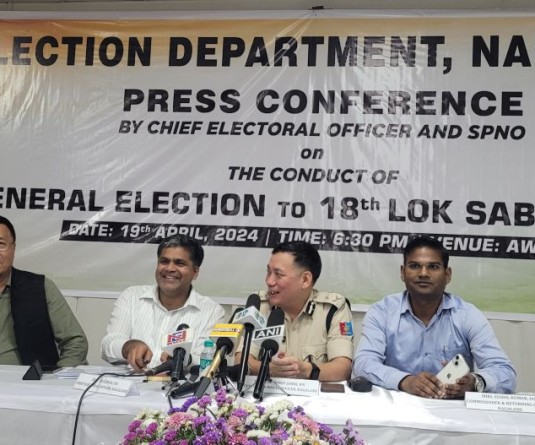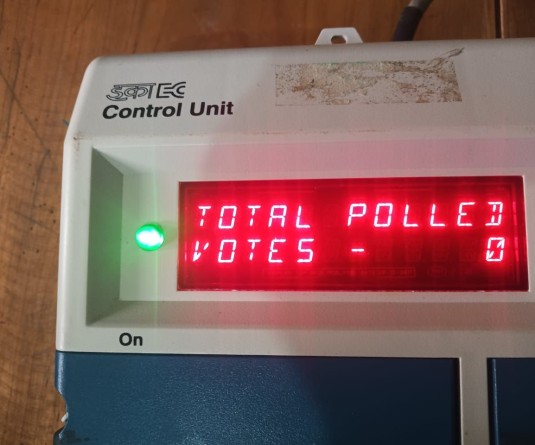
Morung Express News
Dimapur | January 30
68 years after Mohandas Karamchand (Mahatma) Gandhi was assassinated, his great grandson, Tushar Gandhi, became witness to a tribute paid to the Mahatma in Nagaland on January 30, 2016.
The tribute came during the 2nd National Peace Convention that began today with peace prayers, and a moment’s silence for peace, at Hotel Acacia.
The Convention, to be held from January 30-February 1 in Dimapur, has been organised by the National Peace Movement (NPM) in collaboration with Rotary International Dist. 3040 & 3240, NEISSR, Peace Channel, Universal Solidarity Movement and other NGOs. In attendance are 60 delegates from Nagaland, 42 from Madhya Pradesh, and 36 from Uttar Pradesh, Karnataka, Maharashtra and Kerala, who are attending the Convention for the second time.
Essence of peace & development
The essence of peace has always been an integral part of the development of human civilisation. C Apok Jamir, Nagaland State’s Parliamentary Secretary for Tourism, said this while speaking as Chief Guest at the inaugural session of the 2nd National Peace Convention today.
“Where there is peace, there is more development and growth of the society and country,” he said, explaining how peace needs to be harnessed in a world where many factors have made peace more difficult to attain.
In Nagaland, for instance, peace has been far for a long time given economic disparity and alienation from the Centre, observed Jamir. Other factors like illegal immigration have led to demographic changes. The formation of Nagaland State saw immense hardship and bloodshed, creating a suspicious relationship with governments in India.
While the ceasefires signed with various Naga national groups laid a basis for peace, the signing of the historic peace accord with frameworks for a political solution inclusive of all has furthered the cause for peace in the region, he noted. This has been the result of decades of sacrifices made by people who have played a proactive in the movement.
However, “peace without development is a stop gap solution,” noted the Parliamentary Secretary. “Without economic development, a nation cannot sustain peace.”
Thus, calling for the establishment of “concrete avenues” for lasting peace, Jamir affirmed that the present understanding of the “uniqueness of Naga history” by India should be taken further to usher in every lasting peace where the “rights and honour of the people are not trampled upon in the name of peace.”
Beyond conflict resolution
Tushar Gandhi, sharing stories of his great grandfather, noted how we must analyse not just acts of ‘active violence’ but also acts of ‘passive violence’ emanating from us so as to cope with future reactions to a situation. Thoughts of hatred or prejudice of gender, caste, physique, or thoughts of revenge or superiority, classify as acts of ‘passive violence’ that need to be addressed when talking about peace.
Without this, the much preached-about term, ‘tolerance’, he said, is of finite quantity. “Beyond a point, our tolerance bursts, we get irritated and then we explode,” he observed. Gandhi called for our conscience to be awakened without people having to sacrifice their lives for justice, as in the case of Jesus, Abraham Lincoln, MK Gandhi or Martin Luther King.
Gandhi reminded that we live in a “global village” today, where one incidence of violence anywhere affects peace everywhere.
“Peace is not just conflict resolution,” he asserted. If there is environmental degradation, we must be able to face and resolve those issues too in order to create peace. Similarly, internal elements of ego and seeking retribution must also be shed in order to create an environment for peace.





